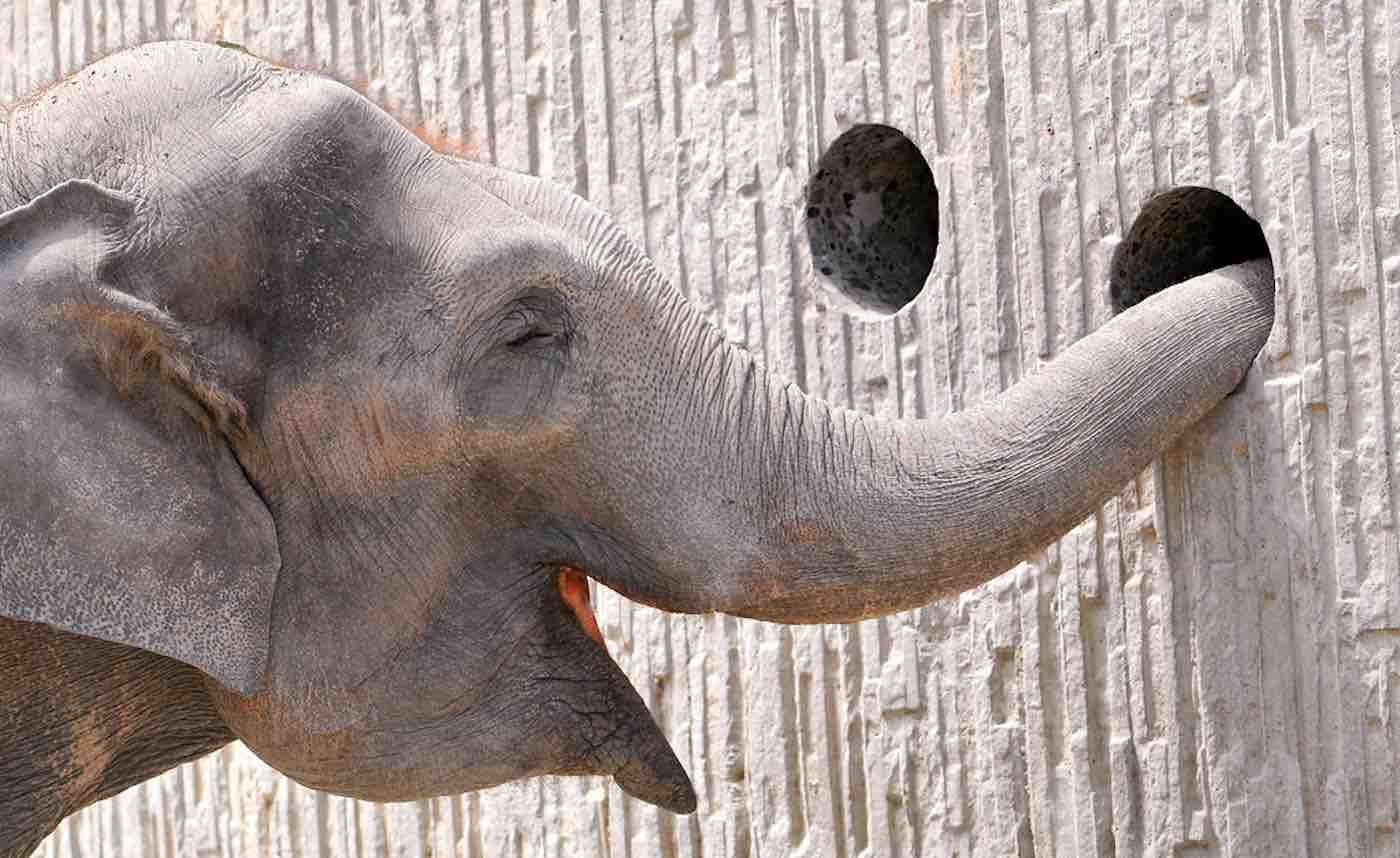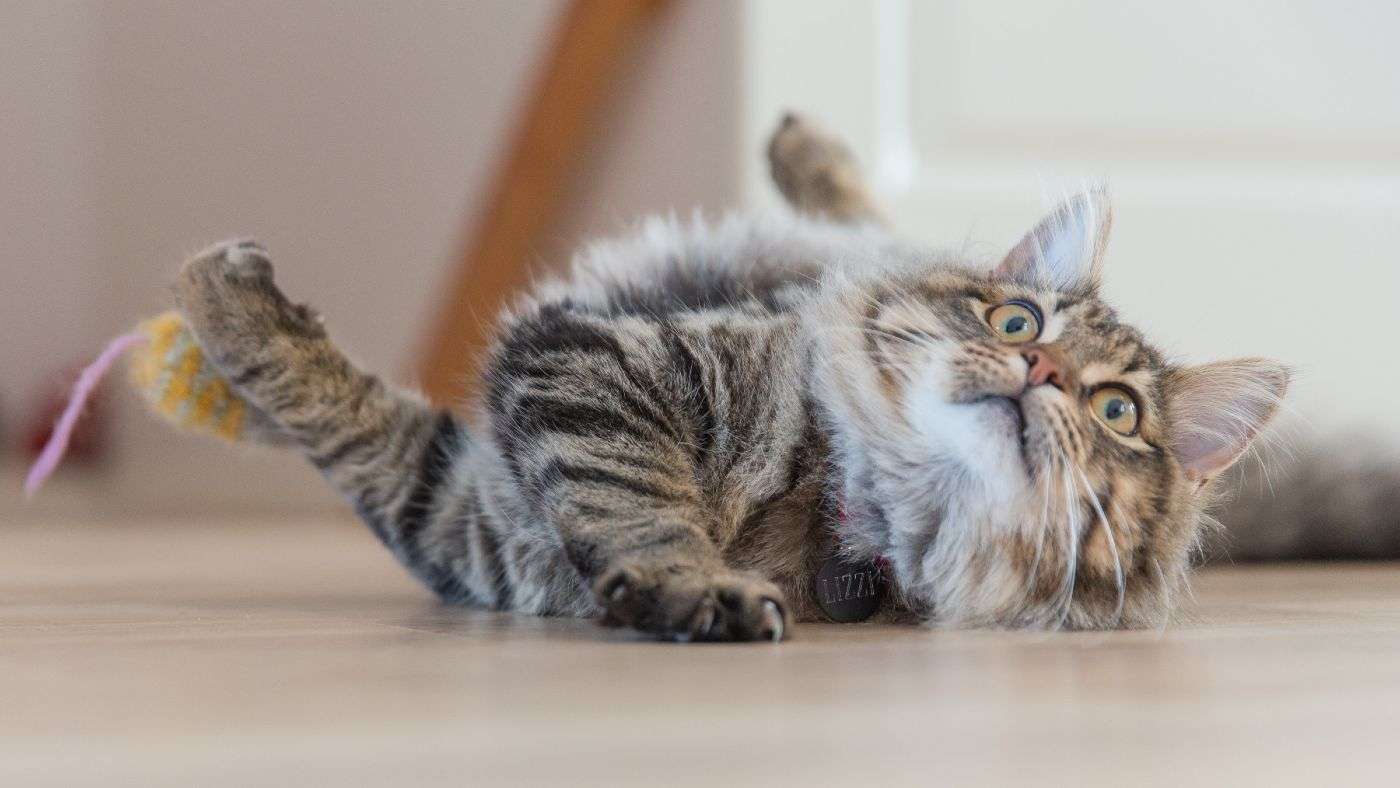Share a Moment of Awe With This Jewel of Australian Animals: the Leafy Seadragon
As an example of the majesty of life, the art of camouflage, and the extremes of evolution, one need look no further than the leafy seadragon

As much as it's a time for growing and learning, childhood is also a time for unabashed joy. Pastimes like careening down a snowy hillside on your sled, flying off a rope swing into a cool lake on a hot summer day, or even just a game of catch are part and parcel of growing up.
But the joys of playtime aren't just reserved for human kids-animal offspring are just as likely to get into the act as well, and some of their activities are startlingly similar to our own.
Young ravens hold body-surfing "competitions" down the slopes of wintery rooftops; juvenile elephants create impromptu waterslides along muddy riverbanks; herring gulls engage in their own version of airborne hacky sack substituting seashells for bean-filled projectiles.
Scientists believe that for certain animal species, some fun and games is strictly that-play for the sake of play-but as with humans, other forms of diversion are preparing youngsters for the rigors of adulthood.
"Play is essential to development because it contributes to the cognitive, physical, social, and emotional well-being of children and youth," wrote Kenneth R. Ginsburg in the American Journal of Pediatrics. "Play also offers an ideal opportunity for parents to engage fully with their children."
Those same tenets, it seems, hold true in the animal kingdom as well.
"Horses…are known to engage in play almost as soon as they are born. Once they can walk, they immediately start to gallop, frolic and buck, again, honing the motor skills they may need when they're mature," notes BBC Earth.
But along with social and motor skills, play also teaches animals essential hunting and survival skills.

While the antics of cute cavorting kittens is the stuff that's spawned a myriad of viral videos, whether it's an opportunity to take down an errant mouse or to avoid harm in the face of unexpected danger, their ninja-like antics may in fact be helping kittens learn to be ready when life hands them a surprise.
Even natural-born predators, such as kestrels, use play to hone their hunting skills by practicing with targets that look like real prey when they're young.
In the oceans, dolphins chase underwater air rings to fine-tune their sonar skills.
And while it's unclear why bear cubs are so quintessentially playful, zoologists believe at least some of their shenanigans have a more serious purpose that aids in their survival as adults.
One of the most important teaching aspects of play is socialization. These days, for human kids, that usually means the basics like learning to share, teamwork, and knowing boundaries.
For animals, especially those that live in packs, flocks, or herds, play (often in the form of play fighting) imparts an understanding of where each animal fits into the community hierarchy.
In ways that are remarkably similar to the training children of traditional tribal cultures receive, it is through the rules of play that lion cubs, kangaroo joeys, and wolf pups discover and establish the roles they'll be expected to perform as adults.
But for animals, not all socializing play is about fighting or establishing dominance. Some of it's about learning to be better parents-and that involves playing with dolls. While they might lack a perambulator and a fancy wardrobe, female chimpanzees are known to lavish their doll babies with love and emulate their own mothers' attentive care.
So whether it's frolicking in the pasture, hanging from a tree, or rollicking in the surf, it seems that play will always be an intrinsic-and fun-part of both human and animal development.
And we're pretty sure when those ninja-kitten TikTok stars stop climbing that curtain, they'll be thrilled to hear about it.
RAISE A Paw For Fascinating Research; Share This Piece…
Be the first to comment